David Koch, one half of the brother team that has heavily funded conservative causes for decades -- but who did come out for marriage equality -- has died at age 79.
His brother Charles released a statement announcing the death but provided no details beyond saying David had been treated for prostate cancer, The New York Times reports in today's edition.
David and Charles Koch, two of four brothers, have been the primary leaders of Wichita, Kan.-based Koch Industries, a company they inherited from their father and expanded beyond its roots in oil refining to encompass consumer goods and more. They have used their considerable fortune to back conservative and libertarian causes and candidates, with the Times estimating they have spent at least $100 million and possibly much more in this effort since the 1970s.
Their pet projects have included lowering taxes, weakening regulations, and strengthening corporate influence in politics. Some have credited them with giving rise to the Tea Party movement, although they publicly tried to distance themselves from it.
In August 2012, David Koch voiced support for marriage equality, telling Politico, "I believe in gay marriage." Although he and Charles were backing many Republican candidates, David said he disagreed with the party's anti-marriage equality platform. That year's Republican presidential nominee, Mitt Romney, opposed marriage equality as well, while President Barack Obama and Vice President Joe Biden had endorsed equal marriage rights as they sought reelection.
The Koch brothers have "insisted that they adhered to a traditional belief in the liberty of the individual, and in free trade, free markets and freedom from what they called government 'intrusions,' including taxes, military drafts, compulsory education, business regulations, welfare programs and laws that criminalized homosexuality, prostitution and drug use," the Times reports. Ultimately, however, they have done far more harm than good when it comes to LGBTQ rights.
They "contributed heavily to Vice President Mike Pence's two campaigns for governor of Indiana," the Times notes -- and his tenure as governor included signing a "religious freedom" law that opponents said would enable anti-LGBTQ discrimination. It was eventually amended so that ostensibly would not happen.
The Kochs have not been big fans of Donald Trump; they did not endorse him for president in 2016 and announced this year that they would not support him for reelection. But their backing of prominent Republicans such as Senate Majority Leader Mitch McConnell and former House Speaker Paul Ryan helped to assure that Trump's regressive agenda would advance.
They also have funded the American Legislative Exchange Council, known by the acronym ALEC, a conservative group that drafts model legislation for states with the goals of cutting taxes, opposing gun restrictions, weakening labor unions, and repealing regulations on business. In addition, ALEC has drafted many laws criminalizing HIV exposure and, at least in its early years, strongly opposed LGBTQ equality. Recently it has teamed up with the anti-LGBTQ Alliance Defending Freedom to promote legislation that supposedly supports free speech on college campuses but would provide no protections for those who demonstrate against campus speakers, according to the Center for Media and Democracy.
"David Koch may say he supports marriage equality but every political check he's written says the exact opposite," Advocate executive editor Neal Broverman wrote in 2014.
Koch's political work included a run for vice president on the Libertarian Party ticket in 1980. Besides his activism, he was known for donations to arts organizations and hospitals. He lived in New York City and was seen at many high-end social events, in contrast to the reclusive Charles, who stayed in Wichita and seldom appears in public. David's survivors also include his wife, Julia, and three children.
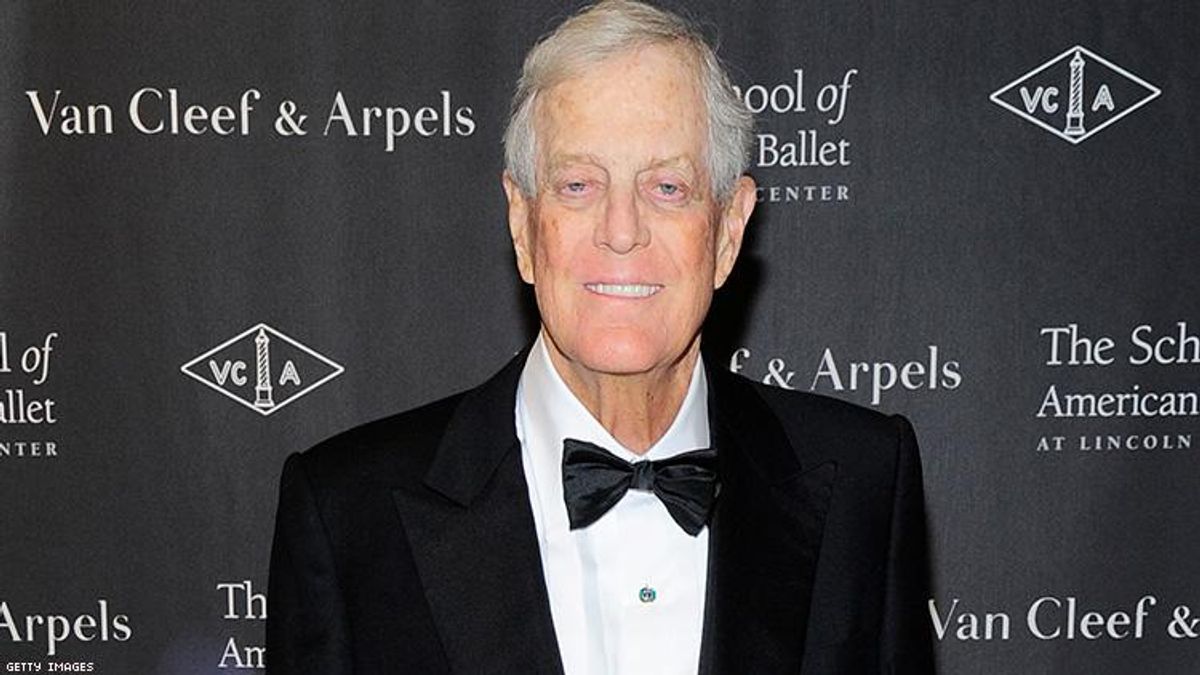

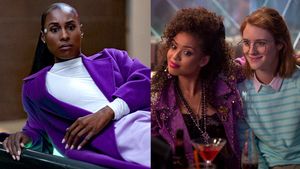





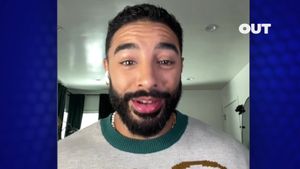






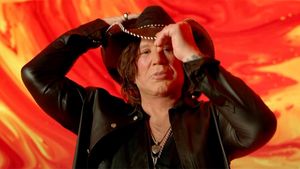
































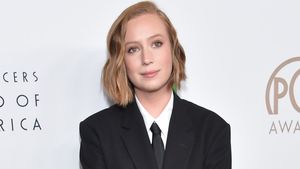

































Fans thirsting over Chris Colfer's sexy new muscles for Coachella